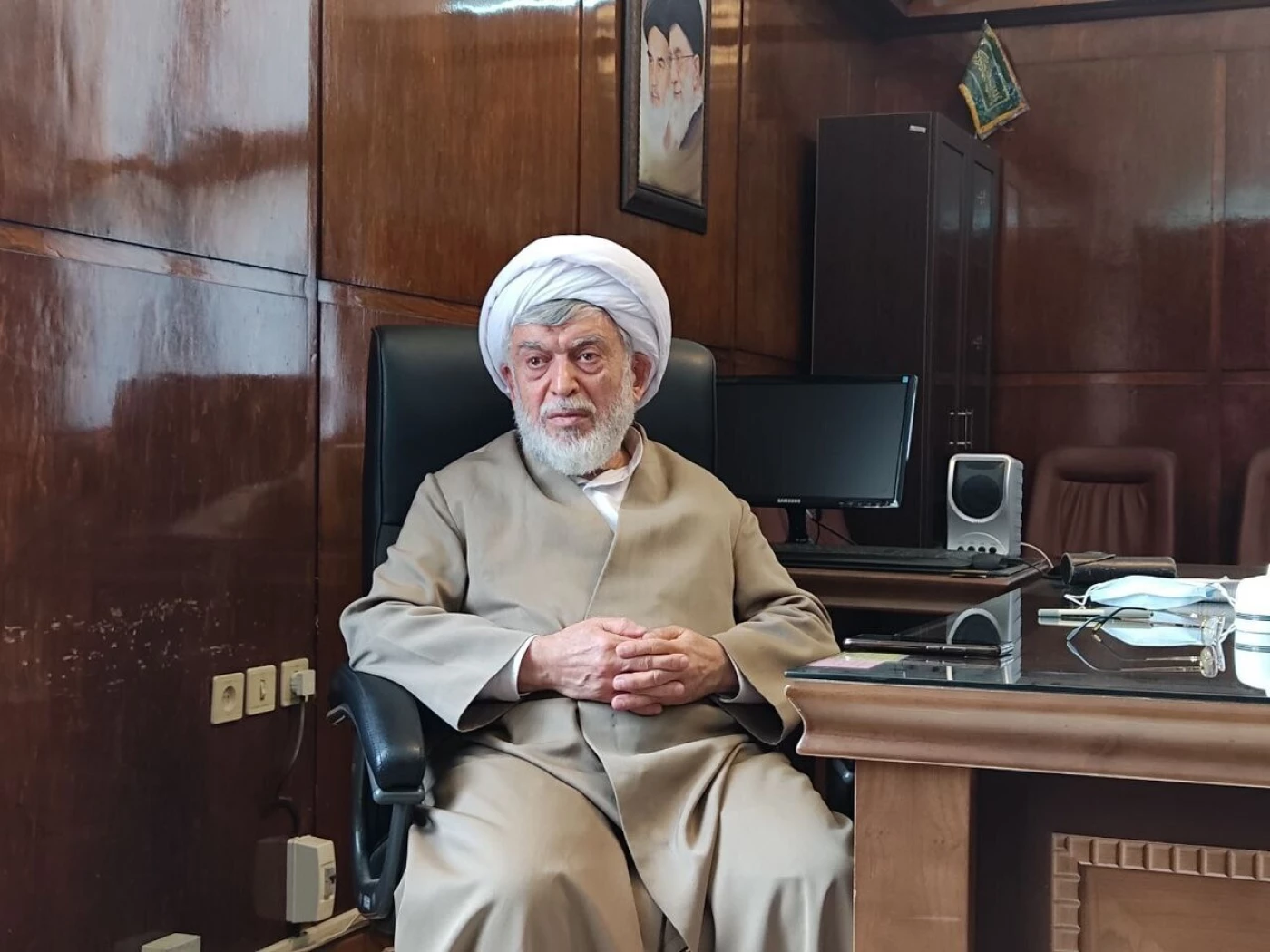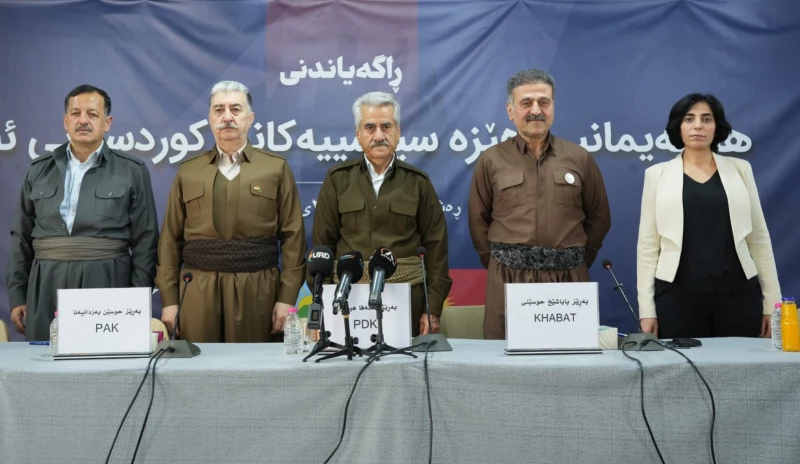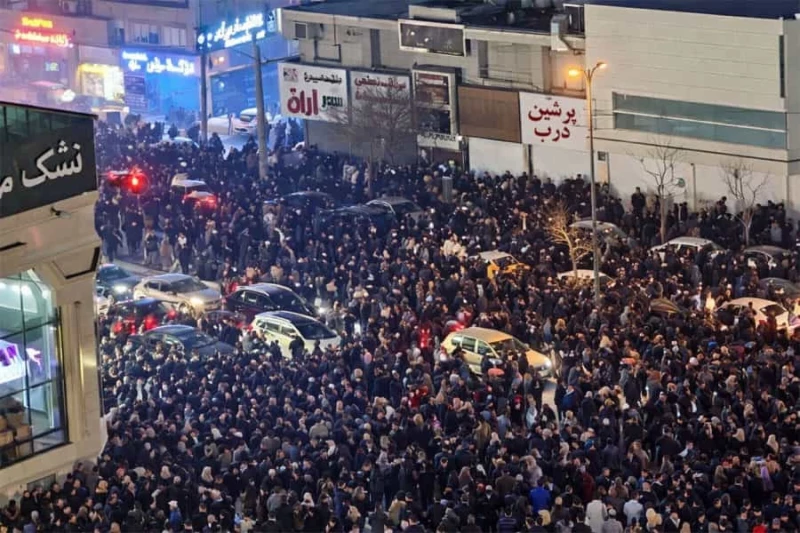ERBIL, Kurdistan Region of Iraq - Iranian judge Hossein-Ali Nayyeri, who played a pivotal role in the execution of thousands of political prisoners in the 1980s, has died at the age of 69, Iran's state media reported on Thursday.
In a statement published by the Iranian Judiciary's official website—Mizan News—Chief Justice Gholam-Hossein Mohseni Ejei expressed his condolences on Nayyeri's death.
He praised the judge's decades-long “service” to the Iranian establishment, and linked his passing to “a long-standing health issue,” without elaborating further.
Nayyeri was one of four members of a jury appointed in 1988 by then-Supreme Leader Ayatollah Ruhollah Khomeini, tasked with issuing hefty sentences against political prisoners.
As many as 5,000 prisoners were marched to their deaths in the infamous execution spree, according to Amnesty International. Estimates by exiled Iranian opposition groups place the figures far higher.
Former Iranian President Ebrahim Raisi, who died in a helicopter crash last May, was another member of the same jury, which has come to be known as the “death commission.”
The murky details surrounding Nayyeri's death, including the absence of a confirmed date, have fuelled speculation on social media.
Back in January, an assailant gunned down two other notorious judges—Ali Razini and Mohammad Moqiseh—inside the corridors of Iran's Supreme Court. Unconfirmed reports at the time suggested that Nayyeri was a third judge targeted, but survived with injuries. Iranian officials, however, denied those claims.
The US Treasury Department sanctioned Nayyeri in December 2019 over human rights abuses, citing his direct involvement in the 1988 executions, which rights activists argue were carried out after kangaroo trials with no due process.
Bodies of many victims—mostly leftist opposition activists—were buried in unmarked mass graves in an eastern Tehran suburb known as Khavaran.



 Facebook
Facebook
 LinkedIn
LinkedIn
 Telegram
Telegram
 X
X


